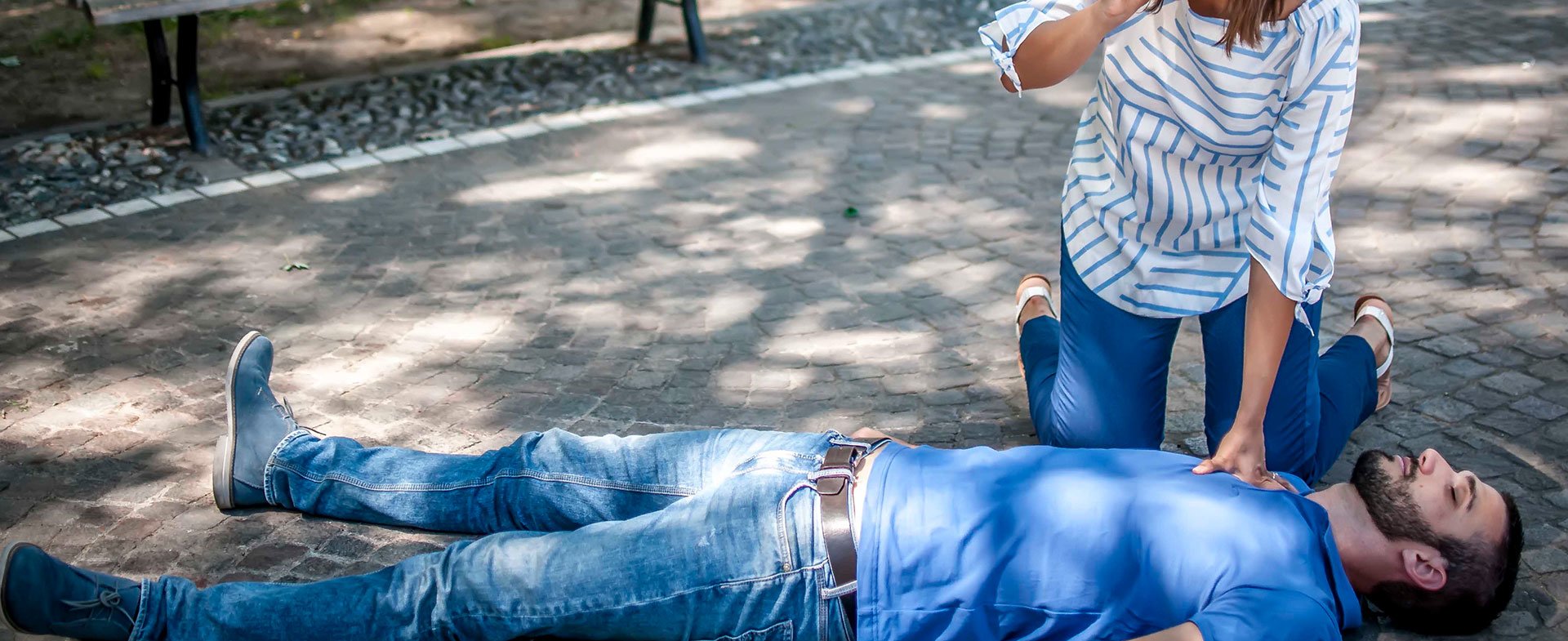Life-threatening emergencies can affect anyone, anywhere, anytime. A serious and common emergency that affects thousands of people in cardiac arrest. Sudden cardiac arrest occurs when the heart beats irregularly or stops beating or is weak to circulate blood effectively.
So what should you do if you see signs or symptoms of cardiac arrest? You want to see a doctor, don’t you? So Doctors like Dr Ajita Kanthan, one of the best cardiologists, will help you with the right treatment.
CAUSES
Cardiac arrests mostly occur when the heart’s electrical system is not working properly. This malfunction causes an abnormal heart rhythm called ventricular fibrillation. Some of the stops are also caused by an extreme slowdown in heart rate. These irregular heartbeats are practically fatal.
Other causes of this stoppage could be:
- Scarring of the heart tissue
It can be caused by any previous attacks or failures of the heart. An enlarged heart is highly on the verge of developing life-threatening ventricular arrhythmias.
- The heart muscle gets thickened
Heart muscle damage can be caused due to valve diseases or fluctuating blood pressures, etc. A diseased heart muscle is at a higher risk to experience heart failures or cardiac arrests.
- Abnormalities in the blood vessel
These are rare cases and occur specifically in the aorta or the coronary artery. Excessive physical activity can release adrenaline, causing cardiac arrest, which can be sudden if these abnormalities are present in the blood vessels.
INDICATORS AND SYMPTOMS
Some people may feel dizzy or light-headed before they faint, which is the first symptom seen. You may also have chest pain, shortness of breath, nausea, or vomiting.
REASONS TO CONSULT THE CARDIOLOGIST
- You start seeing symptoms
It’s kind of obvious for you to go to a doctor if you experience any chest pain and discomfort, fainting, fatigue, feeling of heaviness in your chest or intense indigestion. Going to a cardiologist, in this case, will be helpful because they will use their technology and help you figure out a perfect treatment for you.
- Family History
If you ask or know your family history of high cholesterol, cardiac arrest or arterial hypertension, etc., it is better to consult a cardiologist.
- Diagnosed diabetes
People with diabetes are more likely to have cardiac arrests than people with diabetes. In this case, as a precaution, see a cardiologist. Dr Ajita Kanthan would be the best option as he uses radiation-free procedures.
- You are a cancer patient or survivor
You are lucky if you are a cancer survivor but if you need a lot of care, go see a doctor because it is always better to play it safe and determine whether or not you are at risk.
HOW TO PREVENT CARDIAC ARREST
- Healthy Eating
Health is Wealth! Try to avoid fatty, sugary, high cholesterol foods; and high carbohydrate content.
- Stay Active: Exercise
Take 15-20 minutes of exercise every day. A brisk walk or bike ride lets you enjoy the air and also keeps your heart healthy.
- Lower Your Stress Level
A major contributor to cardiac arrest is emotional stress. So try to avoid stressful situations and focus on relaxation to reduce the risk of cardiac arrest. Do deep meditations and yoga as they act as stress relievers.
- Lose weight if necessary
When your BMI is higher, your heart suffers. But regular exercise and a healthy diet can help you lower your BMI, meet your weight loss goals, and improve your heart health

